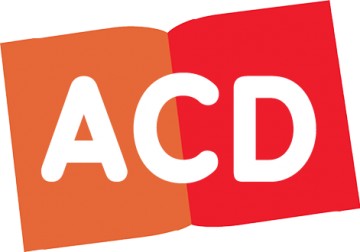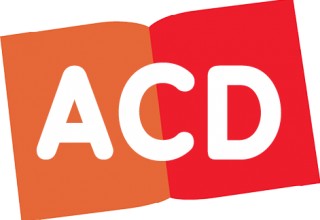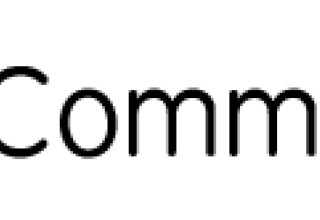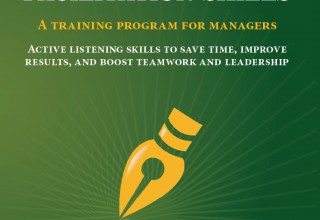Facilitation Skills: "The answers are in the room"

Oakland, CA, May 19, 2015 (Newswire.com) - In its Oct. 2014 The State of Enterprise Work study, Workfront found that 59% of enterprise workers report that “wasteful meetings get in the way of their productivity,” and 64% say there’s “often confusion at their company about who’s doing what.” Facilitation skills help managers solve both these problems.
“The answers are in the room,” says Natasha Terk, Managing Director of consulting firm Advanced Communication Designs and author of The Write It Well Series on Business Communication. She says, “Managers tell us they’ve frozen up in facilitator roles because they think they should already know what their employees have to offer.
"A lot of our consulting and training clients come to us when the left hand doesn't know what the right hand is even capable of. Conflict has come up because one team member feels overlooked, when the real problem is that cross-functional meetings just need someone to elicit people's know-how and pool their wisdom. Then the teamwork really starts."
Natasha Terk, Managing Director, Advanced Communication Designs
“But that’s getting it backwards,” Terk says. “Active listening is a skilled task, but it’s easy to learn and practice. Meeting facilitation lets employees do the work for you by explaining all the contributions they’re capable of.”
A facilitator can put a meeting to several uses:
- Uncover new facts about what an individual, team, or department can do
- Boost employee engagement by giving people new chances to apply those skills to help everyone succeed
- Pool all the participants’ practical know-how so that a meeting boosts productivity, rather than hindering it
- Help a group of employees come together as a team — with stronger knowledge of each role and a stronger appreciation of how each person or department will contribute to ongoing work
Workfront also found the following:
- 81% of enterprise workers “experience conflict with other departments, groups, or teams”
- 39% “cite lost productivity among the most common consequences of such conflicts”
“A lot of our consulting and training clients come to us when the left hand doesn’t know what the right hand is even capable of,” Terk says. “Conflict has come up because one team member feels overlooked, when the real problem is that cross-functional meetings just need someone to elicit people’s know-how and pool their wisdom. Then the teamwork really starts.”
Facilitators “talk less so that participants talk more,” Terk says. “Facilitation skills are one of the easiest leadership skills to learn because the process lets other people reveal what they’re already great at.”
Advanced Communication Designs customizes its trainings on facilitation skills, identifying stakeholders’ project management and product management goals from the start. “We work to diagnose exactly how teams have misunderstood one another before. That keeps training activities job-relevant and engaging,” Terk says.
“The result is an improved sense of purpose and momentum — just through careful listening,” she says. “Those factors guarantee a solid training ROI. Facilitation skills save time, build better leaders, and help each meeting and each project get better results.”






